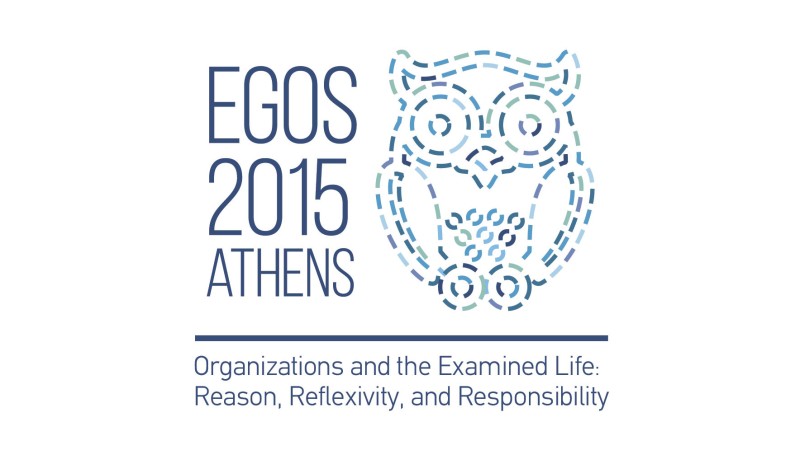Sub-theme 65: Translating the Business Model into Action: Practice and Performativity
Call for Papers
This theme explores the process of how business models shape action and how their properties as models come to bear
on the design of business decisions. The sub-theme continues the on-going conversations about business models to examine and
to discuss the role of business models as intermediary instruments between cognition and action, between standards of excellence
and practice.
The business model can be seen as a set of cognitive configurations. Discovery and experimentation
represent effective ways in which firms can probe complex and fast-moving environments to discover what works. However, the
process of translating cognitive configurations into action involves design: rational planning, timing, improvisation, intuition,
the creation of meaning, communication, and many more of the virtues attributed to designers.
Models are known
to work as engines and as cameras. Managers use business models for thought experiments and for shaping markets. Some business
models are famously replicated across the globe, others fail in their replication because managers have not understood what
it is that made their replication successful. Performativity is a consequence of the translation effort from the cognitive
configurations to action. Understanding the work of translation better may include a deeper investigation of growth strategies
across cultures, replication and scaling efforts in internationalization or market expansions. When are flaws in thinking
escalated in translation and when are they fixed? If they can be fixed, how can flawed models lead to healthy businesses and
why?
We invite papers that address the business model theme with special consideration to the translation of
the model into practice. How can mindful and reflected pracrices create sustainable and sensible businesses? How can business
model innovation take place? Which are the tools to mobilise to think out of the box and to renew business models?
The models behind the businesses are a matter of hard thinking and imagination and little is known about how, exactly,
the design is happening. Who designs businesses and their ecosystem when design implies grappling with complex, wicked problems,
systemic links, and the implication of self in the world created? Teasing apart the cognitive configurations of the model
from the action is only the first step, then we need to take care of the performativity of the model and how it can be turned
into action. The list of topics is suggestive and and not complete.


